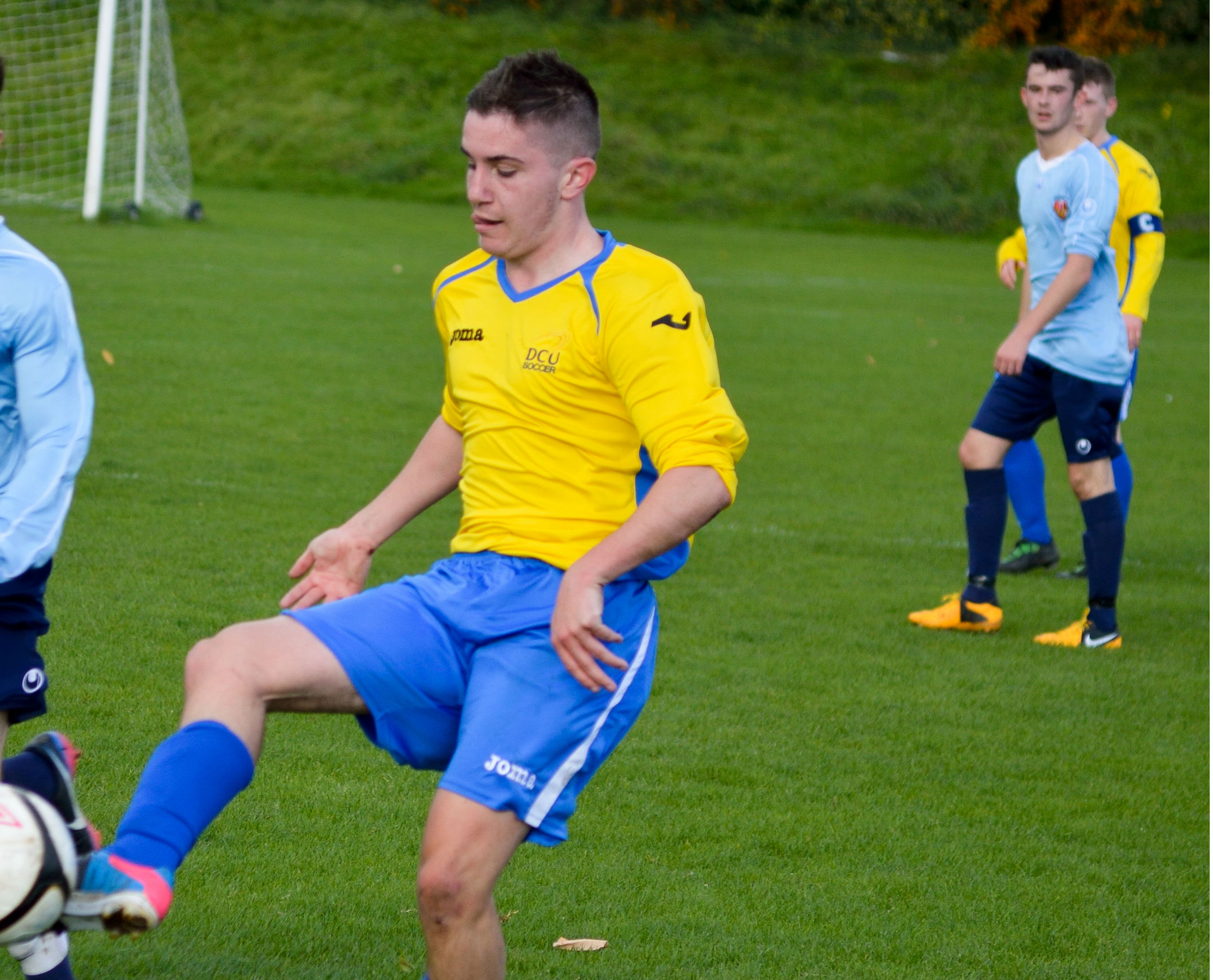
[dropcap]D[/dropcap]CU has commissioned a study which is to explore the issue of intimate partner violence experienced by gay and bisexual men.
Led by DCU’s School of Nursing, Psychotherapy and Community Health, the study is the first of its kind in Ireland and it is hoped it will shed some light on the issue.
It is estimated globally that one in four gay men and one in ten bisexual men have experienced intimate partner violence in their lifetime. Research has shown in the preliminary findings of this study that the level of violence in male-to-male intimate relationships is as higher or equal to the rates experienced by heterosexual females.
Aisling Callan, a PhD student within DCU and one of the researchers behind the study, said that this work will provide a “snapshot into the issue of domestic violence in same-sex relationships, a really prevalent issue but really hidden and concealed in society.”
The research is currently being conducted using recruitment posters as well as certain LGBTQ+ organisations sharing information. Originally planned to be a combination of both online and physical interviews, men over the age of 18 who identify with the posters are encouraged to get in contact using the email or number provided.
An interview will then be conducted to allow them to tell their story in a safe space.
“In terms of getting gay and bisexual men to engage and self-identify to this study has been challenging and is further complicated by Covid,” Aisling told The College View, “I think one thing I’m noticing is getting men to talk about domestic violence, which is a deeply personal and sensitive issue which embodies elements of shame, has been difficult.”
The study is estimated to take “at least a year” to complete with COVID-19 playing its part in impacting the research. It is hoped that it will lead to the introduction of more services for same-sex domestic abuse victims, as well as furthering the conversation on the issue.
“As a society, I hope that the conversation continues to open and be explored so we actually support victims that are gay and bisexual,” said Aisling, “we don’t treat the issue of same-sex and violence through the lens of being heterosexual [which makes it] more inclusive for our victims that come from the LGBTQ community in general.”
Jade McNamee



